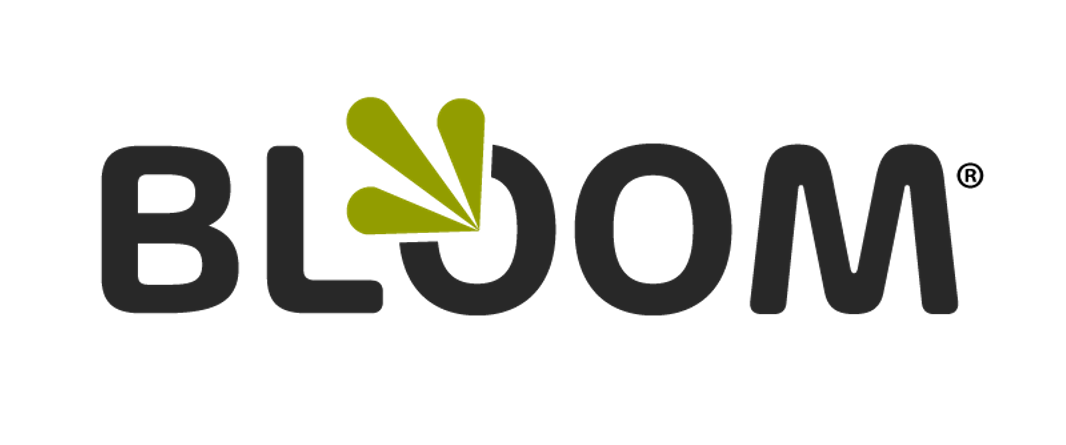How to Hold Managers Accountable to Reviews
Accountability at this level can be quite simple. If your CEO and leadership team is committed to the process, you have invested in the processes and technologies, and still there simply is no response for making performance alignment a priority, then you need to join arms with leadership and make it clear. Otherwise, you will not get to the point of leveraging your processes and tools to work for you in the way intended.
Here are some ideas we’ve gathered from multiple sources.
Withhold the manager’s bonus until every review is complete. This may seem extreme, but you will only have to do it once.
Withhold staff bonuses until the manager completes every review, and be sure to let the staff know why they are not being paid. Again, this is extreme and is perhaps the only step left prior to firing the manager.
Employee-driven accountability. Educate the employees about the performance planning process and deadlines that are to be achieved throughout the year. Inform the employees that if their manager does not fulfill the obligations of the schedule then it is their responsibility to remind the manager. If the process is still not complete, then the employee is to remind HR. In the book, One Page Talent Management (we are fans!), they call this the “time-bomb communication” because you have given the manager and HR the instructions on how diffuse the bomb (i.e. have the conversation and complete the reviews). If they choose not to diffuse the bomb, it will blow up.
CEO-driven accountability. The CEO is the role model for behavior in the organization. If he/she is not completing reviews for the executives and managers, then this will set the tone. Be sure the CEO is on track and understands how this impacts the team. If he/she is on time, the right tone is set.
Show how current behaviors and performance impact the business measures. In addition to the tactics above, report to the organization how specific behaviors and performance are both negatively and positively impacting the business measures for growth. This teaches the expectation and how performance directly impacts the measures by which employees are rewarded. If a customer service manager can see how lack of calls to new customers impact customer retention and therefore sales volume (on which their bonus depends), then they might be thinking about how the performance management system is tracking such results on their performance - and their inability to unify the team on expectations.
Educate managers. While this should have happened upfront, if the performance review and planning process is new to your organization, managers may still not be clear about the benefits of having an integrated performance management system run consistently and accurately in the organization. Here are some facts to share in your newsletter to all employees and reinforce the purpose at the strategic level:
Organizations with strong performance management systems are 41-51 percent more likely to outperform their competitors.
Integration with strategy and employee involvement at multiple levels drives organizational effectiveness. The system will not work when executed by managers in fragments.
Performance management predicts employee and business success.
Results show that the average performance management system improves the ability of employees to achieve their goals by 10%. That is substantial for even average work by managers.
Train managers on giving feedback. We find that most managers resist performance management because they are uncomfortable with the process and lack the skills to give honest feedback to employees. All managers have fears and those fears primarily revolve around 1) the need for (job) security, 2) the need for control, or 3) the need for acceptance. By understanding this, you can develop direct training to help each manager overcome the particular fear that overrides their ability to be successful with their employees. For instance, managers in need of acceptance and approval need to understand that being liked and being effective can be the same thing. It is the manager who allows his need for acceptance override his effectiveness - is one who is ultimately not respected by his employees. The manager in need of control will not lose control by helping employees better understand their job and how to think on their own. Without autonomy, controlling managers will end up with a team of “yes” members who are afraid to perform without exact direction. Therefore, with control-based managers, productivity will slow down and the ability to achieve desired results with not be realized.
These are just a few ideas we found to hold managers accountable.
Share Your Experience
What other ideas do you have for accountability?
